Is Ivy Toxic to Cats? (+ Urgent Actions to Take if They Eat It)
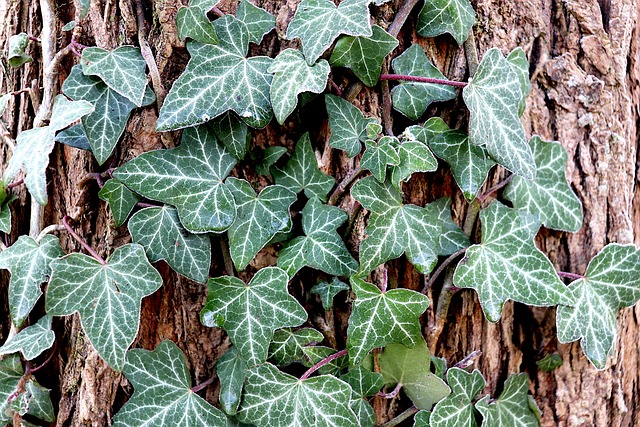
Worried cat parents!
Feeling a bit on edge about your fur babies and that seductive, leafy menace called ivy, aren't ya? 😺
Don't fret, my friends.
Together, we'll dive into the mysteries of ivy and unravel the truth.
Let's get started!
How to Keep Cats Safe Around Ivy Plants
When it comes to keeping cats safe around ivy plants, here are some crucial steps for you to take:
- First things first, know which ivy plants are toxic. Do your research and identify plants like English ivy and Devil's ivy that can be harmful to your cat. Get rid of them from your home ASAP.
- Cats love vegetation, so create a special play area just for them. Stock it with cat-friendly plants like cat grass or organic catnip. This way, they can satisfy their instincts without the danger of ingesting poisonous ivy.
- Want to discourage your cat from going near ivy plants? Consider using pet deterrent sprays with smells that cats really don't like. Apply these sprays on the leaves or soil surrounding the ivy to keep your feline friend away.
- Keep those ivy plants out of reach! Put them in areas where your curious cat can't easily get to them. Use platforms, hanging pots, or shelves to keep the ivy at a safe distance from those explorative paws.
- Give your cat alternatives to divert their attention from the risky ivy plants. Offer them their own set of safe plants like cat grass or organic catnip. It'll keep them entertained and reduce their interest in the toxic stuff.
Lastly, always keep an eye on your cat's behavior around plants. If you suspect any signs of poisoning, don't hesitate to reach out to a veterinarian for help.
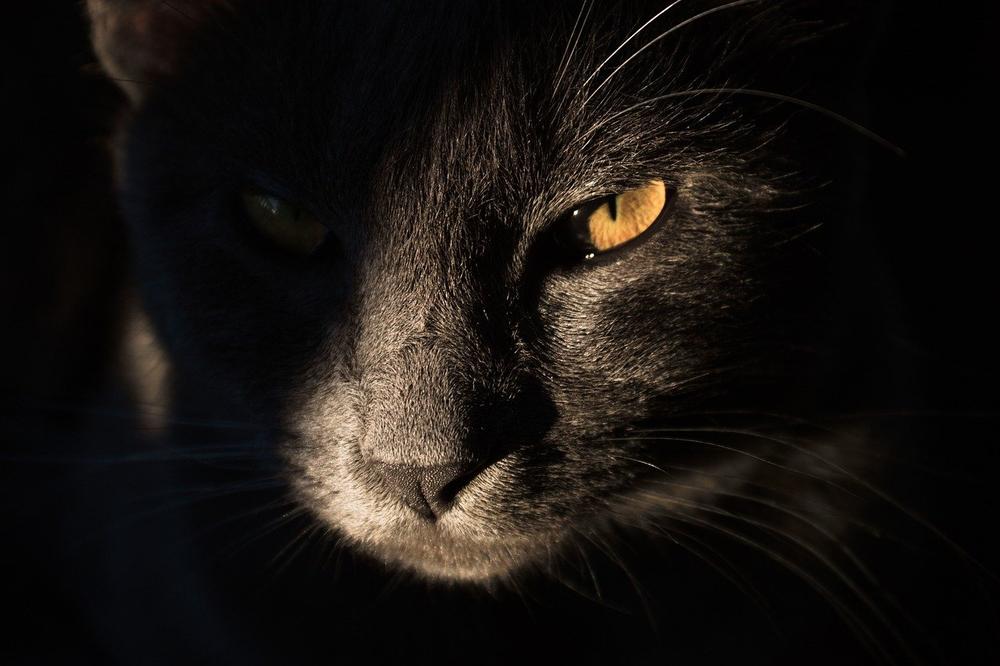
Your cat's safety is top priority.
So, take these precautions seriously to ensure their happiness and well-being.
And now let's delve deeper into the symptoms of ivy toxicity and what to do if you suspect your cat has been poisoned...
Signs of Ivy Toxicity in Cats
Here are some signs of ivy toxicity in cats that you should watch out for:
- Drooling: Excessive drooling can be a sign that your cat has ingested toxic ivy.
- Mouth irritation: If your cat's mouth appears red, swollen, or irritated, it may have come into contact with ivy.
- Weakness: Ivy toxicity can cause weakness and lethargy in cats.
- Nausea and vomiting: Cats may experience nausea and vomit after ingesting toxic ivy.
- Discomfort in the digestive tract: Ivy toxicity can cause discomfort in the esophagus, stomach, and lower digestive tract.
If you suspect your cat has been poisoned by ivy, you should seek veterinary help.
Your veterinarian will conduct a physical examination, review your cat's medical history, and discuss potential exposure to toxins.
PLEASE bear in mind that specific signs such as vomiting and foaming at the mouth may indicate English ivy poisoning, but symptoms can vary based on the size of your cat and the amount of ivy ingested.
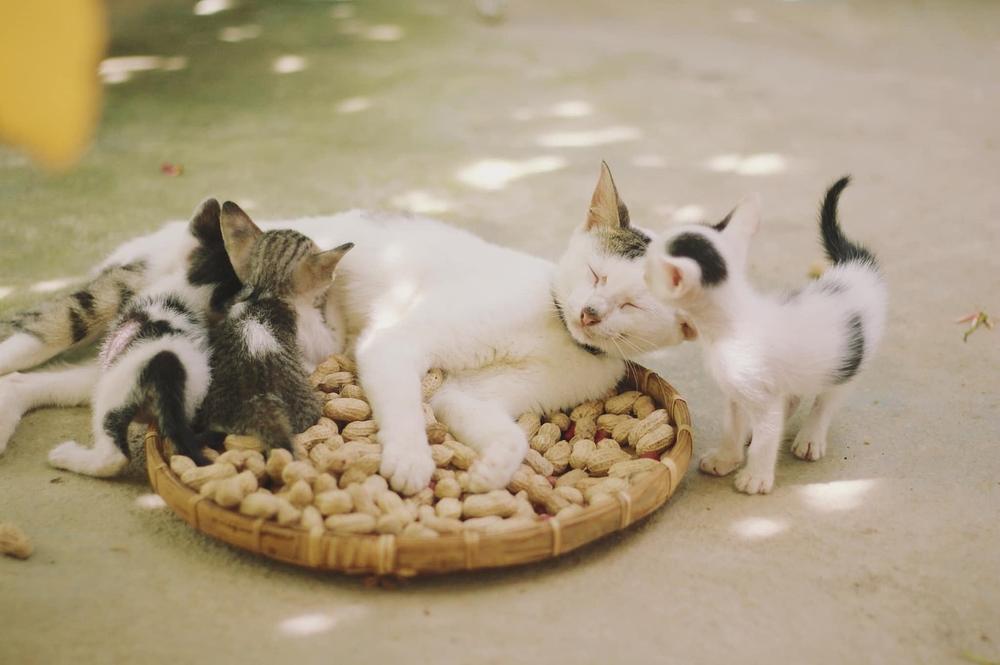
While sweetheart ivy may irritate the digestive system, there haven't been any reported fatalities. However, you should take the ingestion of these plants seriously for the safety of your feline friend. 😺
Furthermore, as a concerned cat owner, I want to remind you that it's essential to be cautious about the plants you have at home.
If you're considering bringing a dracaena plant into your space, I highly recommend checking out my article Is Dracaena Toxic to Cats.
Cat Eating Ivy: Poisonous Consequences and Urgent Actions to Take
If you think your cat ate toxic ivy, you gotta act quick.
First, rush them to the vet ASAP.
This ain't something you can handle on your own.
Veterinarians know what they're doing and have the right tools to treat ivy poisoning in cats.
While you're heading to the vet, try to get rid of any leftover plant stuff from your cat's mouth.
It'll stop them from eating more toxins.
Once you're at the vet, they might make your cat puke to get rid of any remaining toxins.
They could also use activated charcoal to bind with the toxins in their stomach.
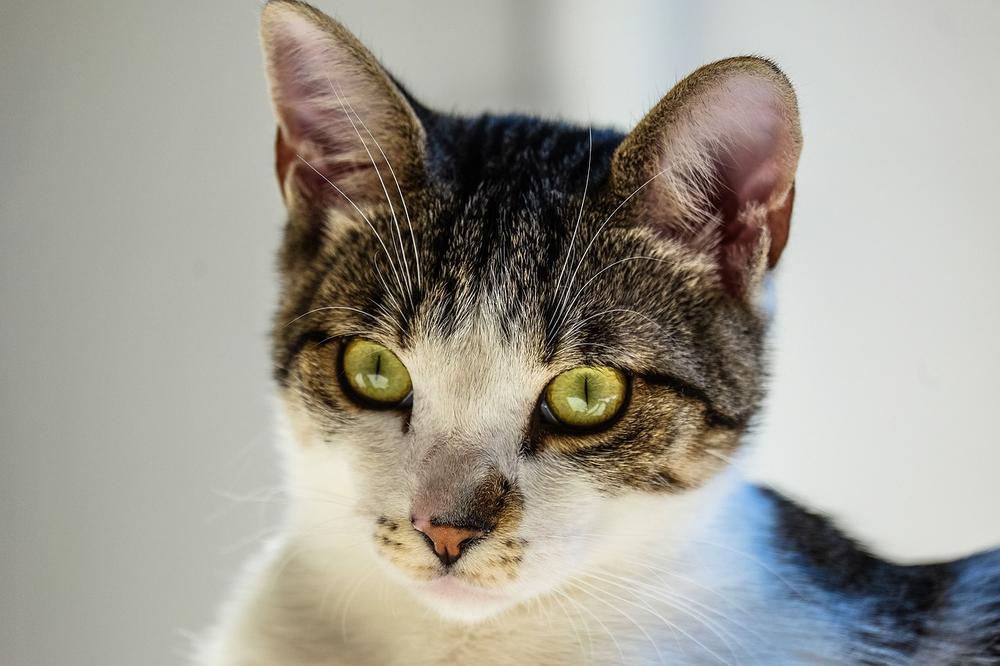
Sometimes, they may give meds to help with swelling and other symptoms.
Cats who ate poisonous plants often get fluids through IV therapy and anti-nausea meds as well.
If possible, bring a piece of the plant your kitty munched on.
It'll help the vet figure out the exact type of poison and guide their treatment.
Good news is, most cats bounce back after sweetheart ivy poisoning.
Early admission to the vet gives 'em a better chance.
Usually, within an hour of treatment, they start feeling better and totally recover within 24 hours.
So don't waste time if you think your cat chomped on toxic ivy.
But what about other plants?
Are there more poisonous plants lurking around that can harm your curious feline friend?
Common Poisonous Plants for Cats
Cats are curious creatures, always getting into things they shouldn't. And when it comes to plants, they can be downright dangerous.
Lilies, azaleas, tulips, and daffodils may seem innocent enough, but for cats, they spell trouble.
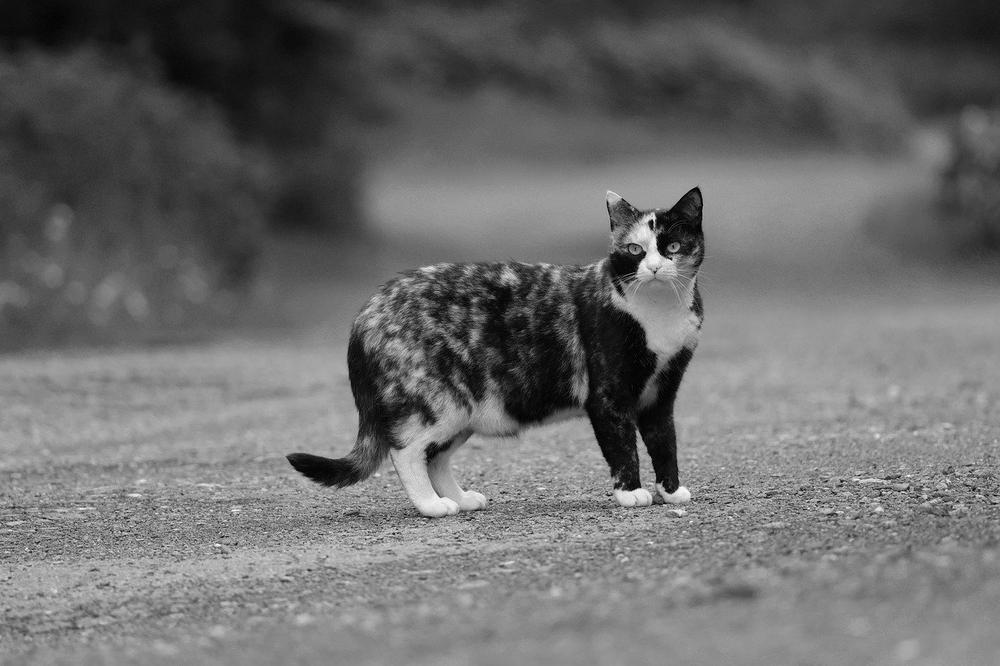
These common plants are poisonous and can cause serious harm if ingested.
But it's not just the type of plant you need to worry about; it's also the level of toxicity. Some plants may only cause mild symptoms, while others can lead to severe poisoning.
Take sweetheart ivy, for example. Also known as California ivy, branching ivy, needlepoint ivy, glacier ivy, and English ivy, this seemingly harmless plant is actually toxic to our feline friends.
So, before you bring any plants into your home, make sure you know which ones pose a risk to your furry companions.
Are Any Plants Safe for Cats and Dogs?
Are there any plants that won't hurt your cats and dogs?
Absolutely.
Here are some safe plant options for you:
- Spider plants: They're bright green and won't cause any harm to your furry friends.
- Boston ferns: Add a touch of elegance to your home without worrying about your pets getting sick.
- Ivy plants: Not only are ivy plants stunning, but they also come in different types and patterns. Plus, they won't pose a threat to your cats or dogs.
You can achieve a vibrant atmosphere that is both visually appealing and secure for your pets by incorporating these attractive and non-toxic plants into your indoor space.
Caution: Ivy's Toxicity and Cats' Well-being
- Remove toxic ivy plants from your home to keep cats safe.
- Use pet deterrent spray or keep plants out of reach.
- Provide cats with safe plants like catnip or cat grass.
- Sweetheart ivy has heart-shaped green leaves and climbing vines.
- Sweetheart ivy contains triterpenoid saponins that can cause dermatitis.
- Symptoms of ivy toxicity in cats include weakness and vomiting.
- Ingesting ivy can cause discomfort to the digestive tract.
- Promptly seek veterinary care if you suspect ivy poisoning.
- Treatment for ivy poisoning may include inducing vomiting and administering activated charcoal.
- Prognosis for sweetheart ivy poisoning in cats is generally favorable.
- Be aware of other toxic plants for cats, as some are more toxic than others.
- Ivy plants, also known as Hedera, are found worldwide.
And that wraps up today's article.
If you wish to read more of my useful articles, I recommend you check out some of these: Can a Nursing Cat Get Pregnant, Cat Without Whiskers, Can I Use Baby Shampoo on My Cat, Is Dish Soap Safe for Cats, and Can You Travel With a Pregnant Cat
Talk soon,
-Sarah Davis